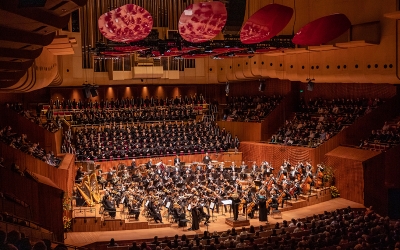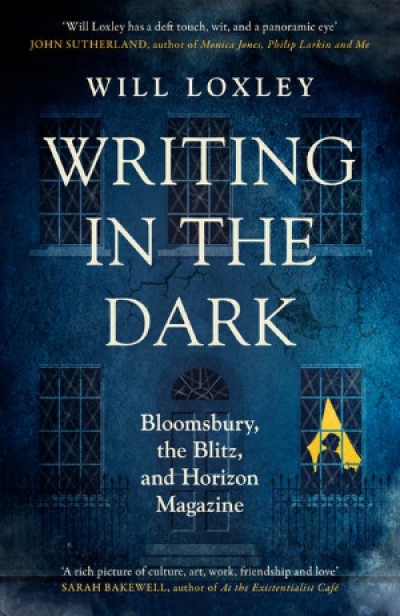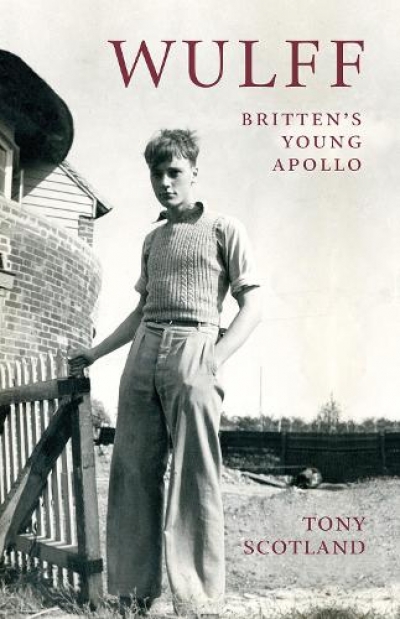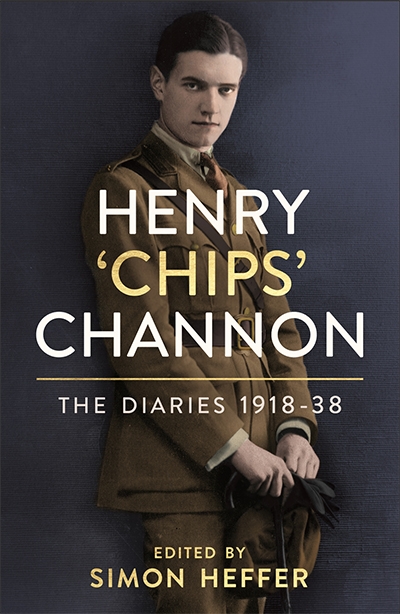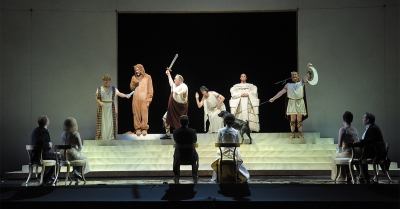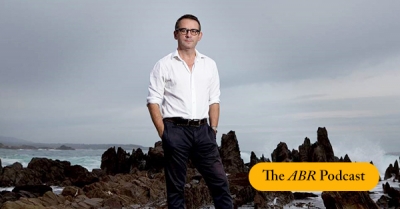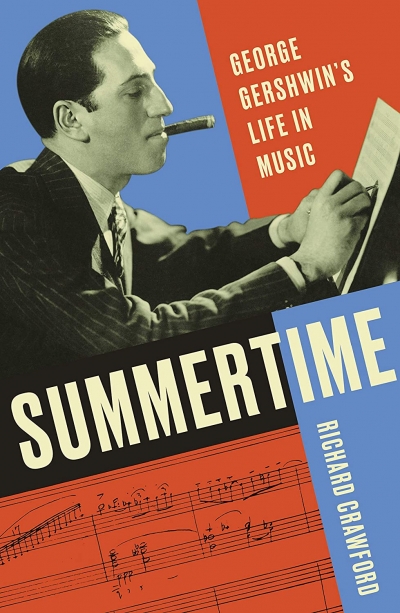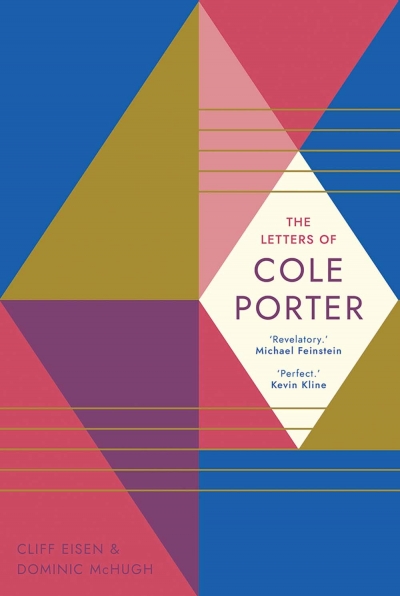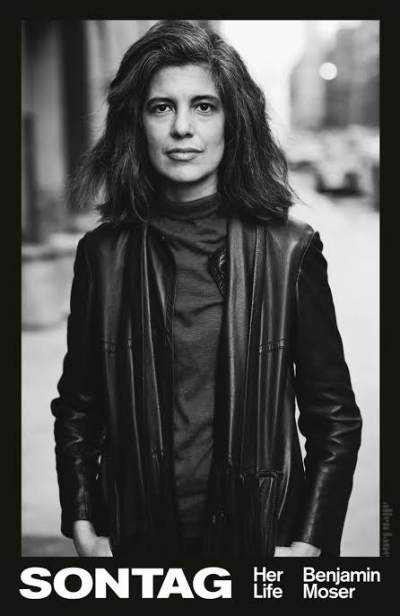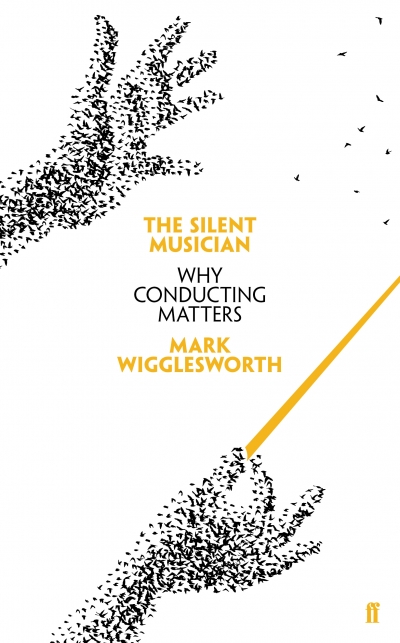Paul Kildea
At drinks following the first performance of this sold-out run of Gustav Mahler’s Symphony No. 2, conductor Simone Young chatted to mezzo-soprano Michelle DeYoung, the latter’s hoarse voice alarming the two of them. ‘We need to call Debbie,’ Young told a colleague, wary of what the morrow would bring. ‘Right now!’
... (read more)Writing in the Dark: Bloomsbury, the Blitz and Horizon Magazine by Will Loxley
January 5
We have lost our Hermia, so Sally-Anne Russell comes round to sing for me. She has fished out Benjamin Britten’s Charm of Lullabies and her score of The Rape of Lucretia. We work on both, but particularly on the aria in which poor Lucretia threads together gorgeous lilies into a funeral wreath, her response to what the boastful, ghastly Tarquinius has done to her. Sally-Anne has not sung the opera for twenty-five years, but it sounds as though she’s fresh from recording it, so inside the role is she, so beautiful and rich her voice. I phone Neil Armfield. We have found our Hermia.
... (read more)Paul Kildea is a man of many parts – author, musician, new artistic director of Musica Viva – and a regular contributor to ABR. In this week’s podcast, he talks to Peter Rose about the challenges of programming Musica Viva’s season during a pandemic and about Benjamin Britten, whose opera A Midsummer Night’s Dream is a highlight of the 2021 Adelaide Festival. Paul Kildea – who will conduct the opera – is the author of a biography of Britten.
... (read more)
